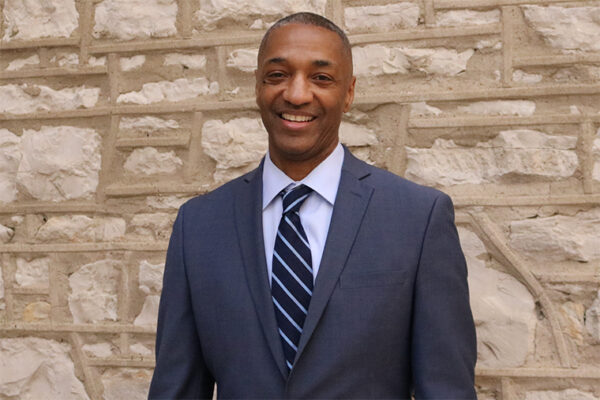A history of social distancing
Rebecca Messbarger, professor of Italian and founding director of the Medical Humanities program in Arts & Sciences, speaks on social distancing from medieval Florence to Progressive Era St. Louis.
Long-term analysis shows GM cotton no match for insects in India
Genetically modified Bt cotton is the most widely planted cotton crop in India by acreage, and it is hugely controversial. Supporters long touted increased yields and reduced pesticides to justify its pickup. But that argument does not hold up under the first long-term study of Bt cotton impacts in India. The analysis is co-authored by a Washington University in St. Louis anthropologist in the journal Nature Plants.
The architecture of virus transmission
The built environment often shapes the spread of disease. Many early cases of COVID-19, the 2019 novel coronavirus, centered on a seafood market in Wuhan City, China. Airports, hospitals and other gathering points can easily become sites of virus transmission. But as the world grapples with the COVID-19 outbreak, Hongxi Yin, associate professor in advanced building systems and architectural design at Washington University in St. Louis, is exploring whether using portable furnaces to sterilize contaminated building exhaust might help to stem the contagion.
Study links present-day xenophobia, political intolerance to Third Reich
It has been nearly 75 years since the end of World War II, yet its legacy of xenophobia, political intolerance and radical political parties continues to plague Germany and the rest of Europe. A new study from Washington University in St. Louis finds that living near former Nazi-era concentration camps is, in part, to blame.
Olin faculty evaluate coronavirus on U.S. businesses, economy
Olin Business School faculty at Washington University in St. Louis offer perspectives on the economic, financial and everyday business reactions to the novel coronavirus outbreak.
Hot time in the city: Urban lizards evolve heat tolerance
Faced with a gritty landscape of metal fences, concrete walls and asphalt pavement, lizards that moved into cities in Puerto Rico rapidly and repeatedly evolved better tolerance for heat than their forest counterparts, according to new research from Washington University in St. Louis and the University of California, Los Angeles.
Cancerous tumors, surrounding cells illuminated by new imaging agent
Scientists at Washington University School of Medicine have developed a new imaging agent that could let doctors identify tumors as well as the surrounding normal cells that act as a shield, protecting the tumor from various treatment strategies.
Rice, know thy enemy: NSF grants $2.6M to study weedy invader
Weedy rice — or rice gone rogue — costs U.S. farmers more than $45 million annually. A team led by Washington University in St. Louis will characterize the genetic basis and origins of the traits that allow weedy rice to invade rice fields, reduce yields and contaminate harvests.
Washington University to break ground on major neuroscience research hub
Washington University in St. Louis will begin construction in March on what will be one of the largest neuroscience research buildings in the country. Located on the School of Medicine campus, the 11-story, state-of-the-art research facility will merge, cultivate and advance some of the world’s leading neuroscience research.
Tate appointed provost of the University of South Carolina
William F. Tate IV, dean of the Graduate School, vice provost for graduate education and the Edward Mallinckrodt Distinguished University Professor in Arts & Sciences at Washington University in St. Louis, has been appointed executive vice president for academic affairs and provost at the University of South Carolina, effective in July.
View More Stories









